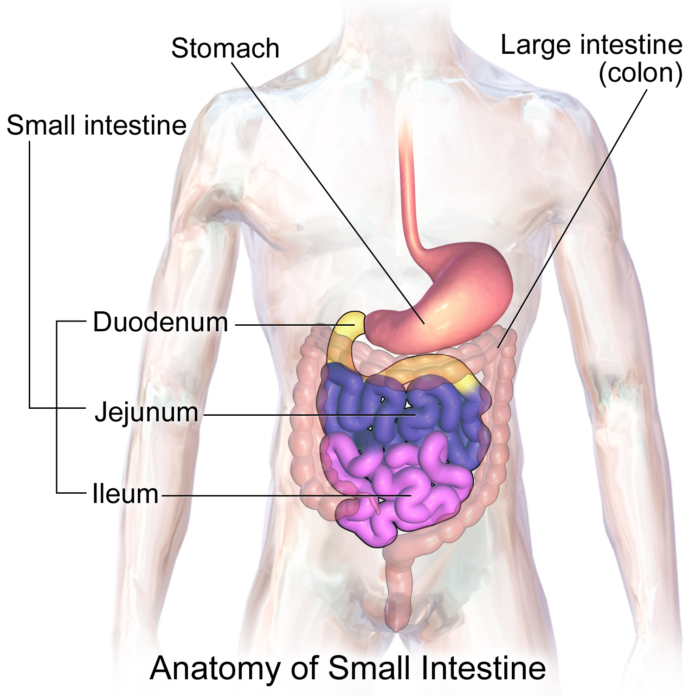
Coeliac disease is an autoimmune condition in which the immune system attacks the small intestine after consuming gluten. Gluten is a protein found in grains like barley, wheat and rye. It’s estimated that 1 in 100 people worldwide have coeliac disease, but many remain undiagnosed. This is often due to the myths and misconceptions surrounding the condition. Let’s explore 5 common myths about coeliac disease.
Myth 1: It’s Just a Food Allergy
While coeliac disease shares some similarities with food allergies, it is an autoimmune disease rather than an allergy. With coeliac disease, the immune system reacts abnormally to gluten and attacks the small intestine. This causes damage to the villi lining the intestine, which are responsible for nutrient absorption. Food allergies, on the other hand, cause immediate immune reactions like rashes, vomiting and anaphylaxis. Coeliac disease symptoms are typically more varied and chronic.
Myth 2: It Only Affects Children
Coeliac disease can develop at any age. While it often appears in early childhood, some people don’t develop symptoms until adulthood. Elderly people can even be diagnosed for the first time later in life. Parents should be aware of the symptoms in children, like abdominal pain and delayed growth. Adults may experience fatigue, anaemia, joint pain and osteoporosis. If you have a family history of coeliac disease, get tested regularly as you age.
Myth 3: You’ll Know if You Have It
Many people with coeliac disease don’t realise, as they may not have the typical digestive symptoms. Up to 60% have atypical symptoms like headaches, depression and infertility. Others are asymptomatic. The only way to diagnose coeliac disease is with a blood test and endoscopy. Don’t dismiss the condition just because you don’t have stomach issues. Get tested if you have a family history or autoimmune conditions associated with coeliac disease.
Myth 4: The Symptoms Aren’t Serious
Left untreated, coeliac disease can lead to serious complications like malnutrition, neurological issues and certain cancers. Children may experience impaired growth and tooth discolouration if calcium and nutrients aren’t absorbed properly. The villi damage also puts you at risk of osteoporosis and infertility. Following a strict gluten-free diet can help manage symptoms and promote intestinal healing. Work with a dietician or nutritionist to ensure you get the nutrients you need.
Myth 5: You’ll Need to Avoid Gluten Forever
While there is no cure for coeliac disease yet, the gluten-free diet isn’t always for life. Around 5% of children outgrow the condition and can eventually tolerate gluten again. Some alternative treatments are being researched too, like gluten vaccines and supplements to restore gut bacteria. If you find the gluten-free diet challenging, consult a coeliac coach like Ali Walsh for support. They can suggest gluten substitutes and help you adjust to your new lifestyle.
With the rising rates of coeliac disease, it’s important we debunk these common myths. Knowing the facts about this autoimmune disorder means you can get tested and treated sooner. Work with your doctor, dietician and a coeliac coach to manage your symptoms successfully.
Help keep news FREE for our readers
Supporting your local community newspaper/online news outlet is crucial now more than ever. If you believe in independent journalism, then consider making a valuable contribution by making a one-time or monthly donation. We operate in rural areas where providing unbiased news can be challenging. Read More About Supporting The West Wales Chronicle





















